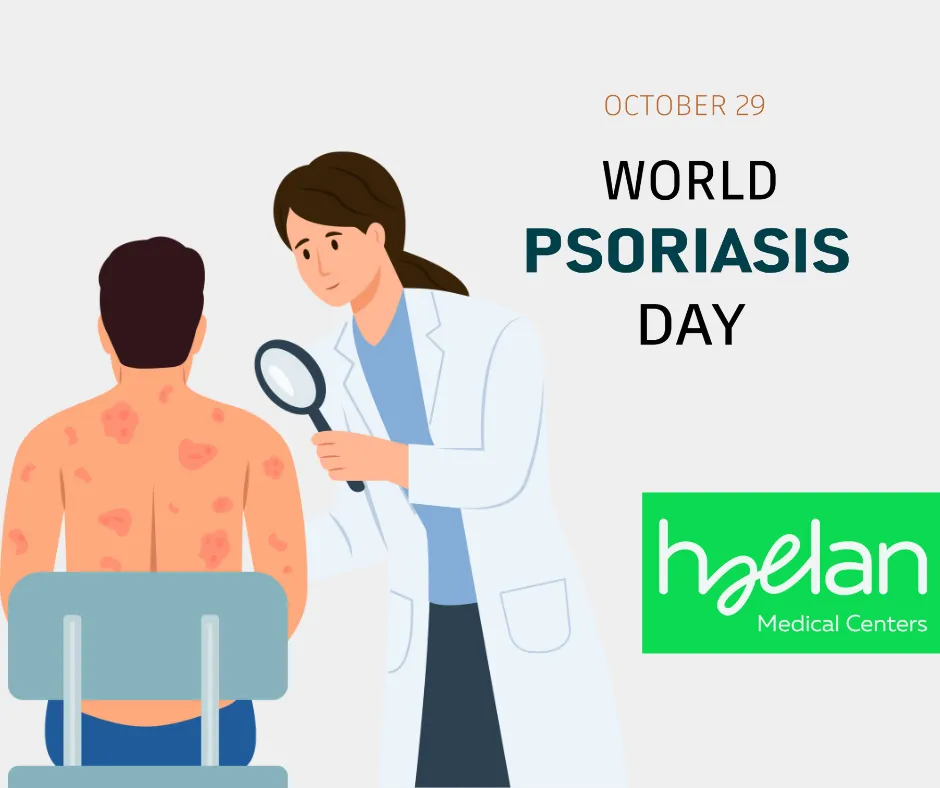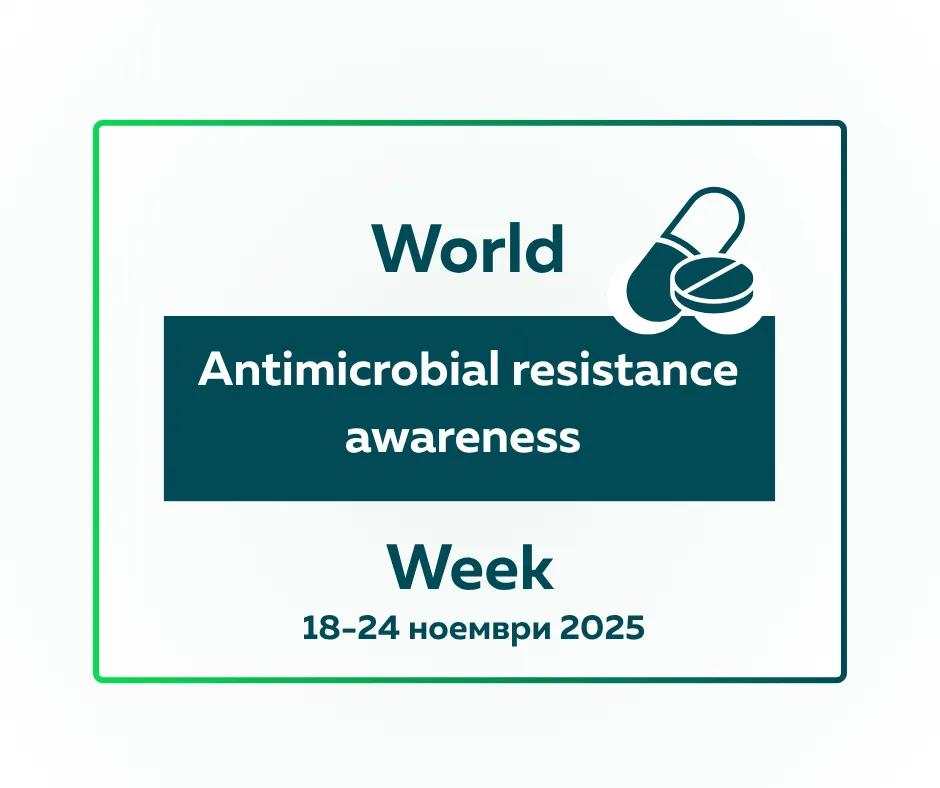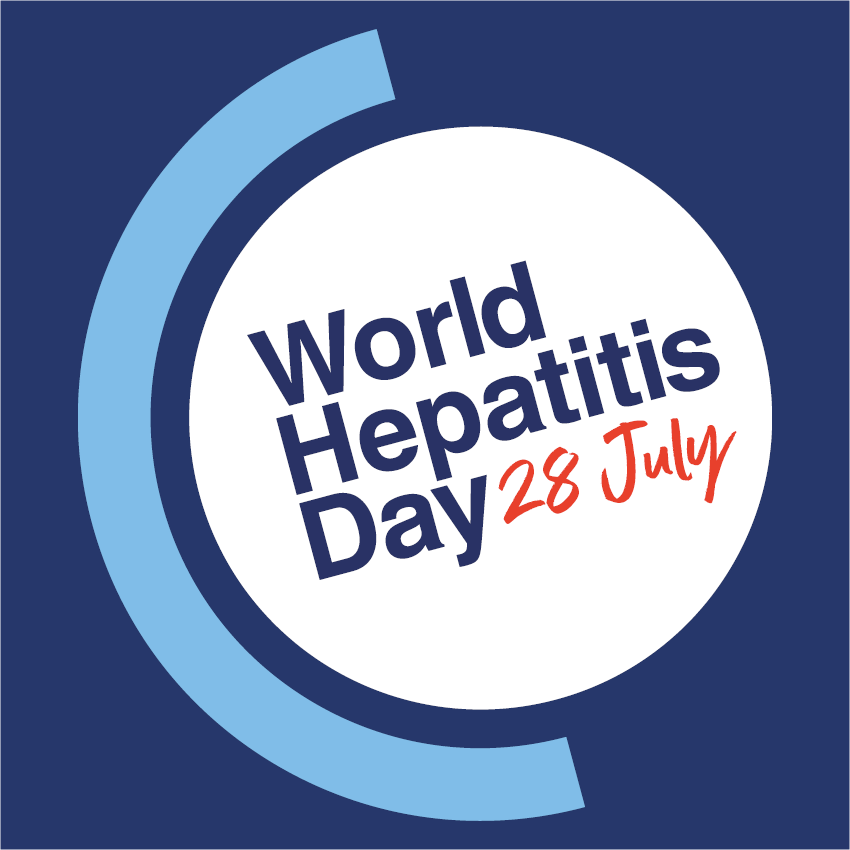Biological Therapy for Psoriasis

On October 29th we celebrate World Day of People with Psoriasis, with the aim of raising awareness of the disease, which is a chronic inflammatory disease and affects millions of people around the world. Today, we also highlight the importance of support for people living with psoriasis and their families.
Psoriasis is a chronic, non-contagious, polysystemic inflammatory disease that affects people of all ages.
Dr. Bogdana Ivanova, specialist dermatologist at MC Haelan Care - Sofia, Blvd. Bulgaria, presents Modern approaches to treatment, including the possibilities of biological therapy which changes the quality of life of patients with moderate and severe psoriasis.
Psoriasis is a systemic immunological disease characterized by a chronic inflammatory process. Approximately 7% to 25% of patients also develop psoriatic arthritis. The disease can occur at any age - most often the first symptoms are observed around 22.5 years, in children around 8 years old, and late onset usually occurs around 55 years of age. In the Bulgarian population, about 30% of cases are hereditary.
Approach to treatment
Therapy is determined individually — according to the clinical form, the stage of the disease, the localization of the process, the age of the patient, his general condition and the presence of concomitant diseases.
They are used local remedies, phototherapy and systemic treatment, and at more severe forms — biological therapy.
What are biologic drugs
Biological drugs (BL) are proteins produced by live cell cultures. They selectively suppress certain units of the immune response without suppressing the entire immune system. Biological therapy works both on skin symptoms, leading to reduction and disappearance of psoriatic plaques, as well as on articular manifestations, such as relieves pain and stops the progression of arthritis. Preparations are applied subcutaneously or intravenously, since when taken orally they would be neutralized by stomach acids.
Over 20 years of clinical experience
Biological therapy in dermatology has been applied for more than 20 years, which is the longest follow-up period for patients treated with similar medications.
The following preparations are registered in Bulgaria: infliximab, adalimumab, secukinumab, etanercept, rizankizumab, ixekizumab, ustekinumab, guzelcumab.
Safety and possible side effects
Since biologic drugs affect the immune system, it is possible slight increase in the risk of infections(respiratory, fungal, etc.). Before starting therapy, studies are carried out for latent tuberculosis and hepatitis. Long-term studies have shown that some preparations may slightly increase the risk of non-melanoma skin cancer or lymphoma, as well as worsened heart failure in patients with severe form. It is possible and aggravation of demyelinating diseases(such as multiple sclerosis), which is why some medications are not recommended in these patients.
The most common side reactions:
- redness or pain at the injection site
- fever;
- changes in arterial pressure;
- joint or muscle pain.
The good news is that, according to the accumulated clinical experience, new biological preparations have excellent safety profile. In addition the relapse-free period after stopping treatment lengthens. Some medications can already be administered during pregnancy and lactation.
Criteria for free treatment with biologics (according to the NHIC)
Patients with moderate to severe plaque psoriasis can receive biologic therapy for free if they meet certain criteria:
- The disease is proven clinically and histologically (by biopsy);
- Other methods of treatment (phototherapy, methotrexate, acitretin) are ineffective or contraindicated;
- A significant part of the skin surface is affected and the quality of life is significantly reduced.
Rating scales:
- Body Surface Area (BSA): more than 10% (1% ≈ one human palm);
- Psoriasis Area Severity Index (PASI): in Bulgaria — over 20; in most European countries — over 10;
- Dermatology Life Quality Index (DLQI): measures the extent to which a disease affects quality of life, relationships, and daily life.
In the presence of comorbidities diseases (cardiac, neurological, gastroenterological, infectious, etc.) are carried out Interdisciplinary Consultations to choose the most appropriate medication.
Perspectives and new therapies
Globally, the treatment of immune-mediated diseases, such as psoriasis, is a priority of medical science. More and more precise and effective medications are being developed.
It is expected that an innovative oral biological therapy will soon be introduced in Europe, which will make treatment even more comfortable and help patients lead a full life without feeling sick.
Important!
Do not hesitate to consult a specialist.
For each stage of the disease, there is an appropriate treatment that can help with long-term control and a better quality of life.
Make an appointment for a consultation with Dr. Bogdana Ivanova on 0887 550 322.



.webp)
